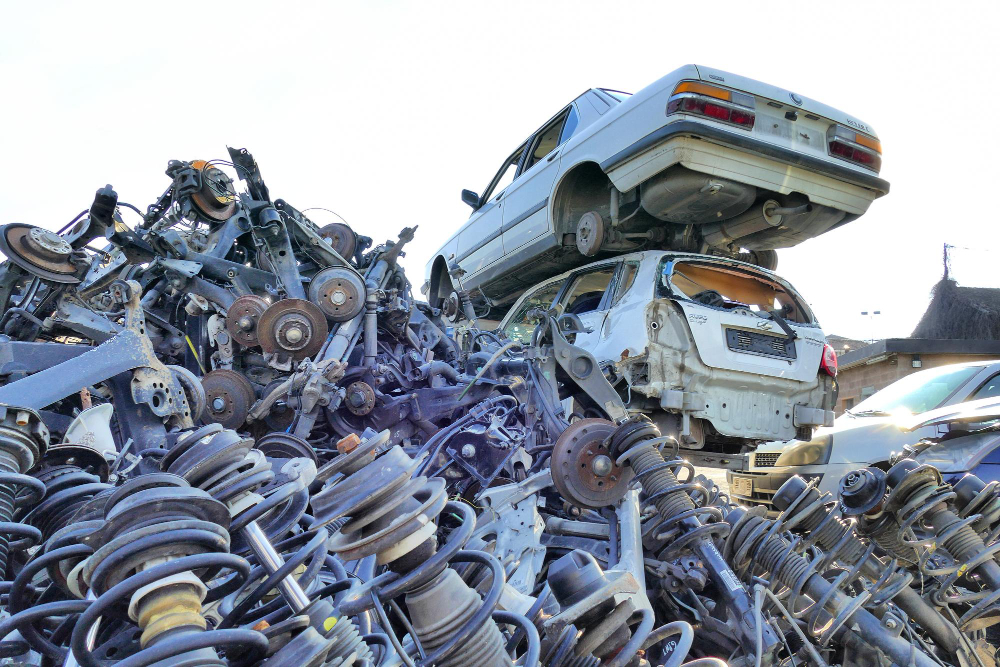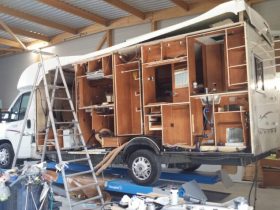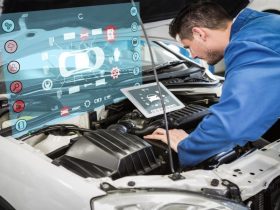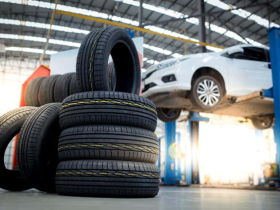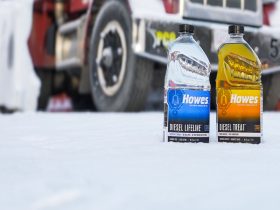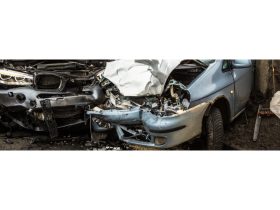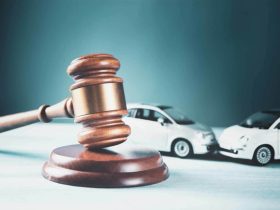When you first approach a scrap car dealer Singapore, you are stepping into a carefully constructed marketplace that exists because of one of the world’s most unusual vehicle ownership systems. Singapore’s approach to managing car population through the Certificate of Entitlement has created an entire industry dedicated to extracting value from vehicles at the precise moment their legal life expires. This is not simply a matter of selling old metal for recycling. The system represents a fascinating intersection of government regulation, market economics, and environmental engineering. What happens to your car after you hand over the keys reveals something profound about how a small nation manages finite resources whilst maintaining both economic efficiency and environmental standards.
The Policy That Created an Industry
Singapore did not always have a thriving vehicle disposal sector. The industry emerged as a direct consequence of the COE system introduced in 1990. Before that policy shift, cars could theoretically remain on the roads indefinitely as long as owners paid for renewals and maintenance. The new system fundamentally changed the equation. Suddenly, every vehicle had a defined lifespan, and thousands of cars would reach their expiration dates simultaneously.
This created both a challenge and an opportunity. The challenge was ensuring these vehicles did not simply accumulate. The opportunity was building a commercial infrastructure to handle the flow. A scrap car dealer Singapore today operates within this framework, processing vehicles in volume with standardised procedures.
The government reinforced the system through explicit regulations. According to Land Transport Authority documentation, “after you have deregistered and disposed of your vehicle, you may be granted a COE rebate, if your COE had not expired when you deregistered your vehicle.” The rules further specify that “for cars and taxis, you may also be granted a PARF rebate depending on how old your vehicle is.”
Understanding the True Value Components
Your vehicle’s worth at the end of its life comprises multiple distinct elements that many owners never fully understand:
Paper value
The combination of PARF and COE rebates determined by government formulas based on your vehicle’s age and remaining COE duration
Body value
The actual worth of the physical vehicle, assessed based on parts demand and scrap metal prices
Export potential
Additional value if your vehicle can be sold overseas rather than dismantled locally
Market timing
Fluctuations based on current supply levels and seasonal demand patterns
Vehicle disposal specialists in Singapore evaluate all these factors rapidly. They have developed expertise in reading market signals that most car owners never encounter. They track export regulations in destination countries. They monitor commodity prices for steel and aluminium. They maintain relationships with parts dealers who need specific components.
The Environmental Dimension
There is an aspect of this system that deserves more attention than it typically receives. When done properly, scrap car dealer Singapore follows environmental protocols that many countries lack entirely. The process involves systematic dismantling:
- Fluids including oil, brake fluid, and coolant are extracted and processed separately
- Lead-acid batteries are removed for specialised recycling
- Catalytic converters containing precious metals are harvested
- Tyres are separated for rubber reclamation or energy recovery
- Metals are sorted by type for efficient reprocessing
This careful processing represents a form of urban mining. Your car contains materials that required significant energy to produce initially. Proper recycling captures much of that embedded value. The alternative, visible in many developing countries, involves informal scrapping that releases toxins into soil and waterways. Singapore’s regulated approach costs more but prevents environmental damage that would ultimately prove far more expensive.
The Information Asymmetry Challenge
The fundamental problem facing car owners is straightforward: dealers handle these transactions constantly whilst you face them perhaps once or twice in your lifetime. This creates predictable imbalances. Dealers know current market rates for every component. They understand which vehicles fetch premiums in export markets. They recognise seasonal patterns in pricing.
Most car owners lack this knowledge. They may not have calculated their expected PARF rebate. They probably have not tracked recent scrap metal price movements. They might not know whether their vehicle model has strong parts demand. This gap explains why obtaining multiple quotations matters so significantly.
The Regulatory Framework
Working with a scrap car dealer Singapore involves navigating substantial regulatory requirements. LTA guidelines state explicitly that “within a month of deregistering your vehicle, you must submit proof that the vehicle has been scrapped, exported, or sent to an EPZ for storage.” The penalties for non-compliance are serious: “you may be prosecuted in court, and face a maximum fine of $2,000 or 3 months’ imprisonment.”
These regulations exist for good reasons. Improperly disposed vehicles create hazards. They occupy space. They leak fluids. They become obstacles to urban planning. The compliance burden represents real work that dealers handle on your behalf.
Making Informed Decisions
The most effective approach involves several concrete steps:
- Research your vehicle’s PARF and COE rebate amounts using official LTA calculators
- Obtain at least three quotations from different dealers
- Request detailed breakdowns showing how your total price was calculated
- Understand that timing affects value, with prices declining as COE expiry approaches
- Ask about export potential if your vehicle is in reasonable condition
The system serves essential functions. It prevents vehicle accumulation. It creates employment. It recovers valuable materials. It maintains environmental standards. But it operates as a market, and markets reward informed participants. Understanding how the industry works transforms you from a passive seller into an active negotiator when dealing with a scrap car dealer Singapore.

